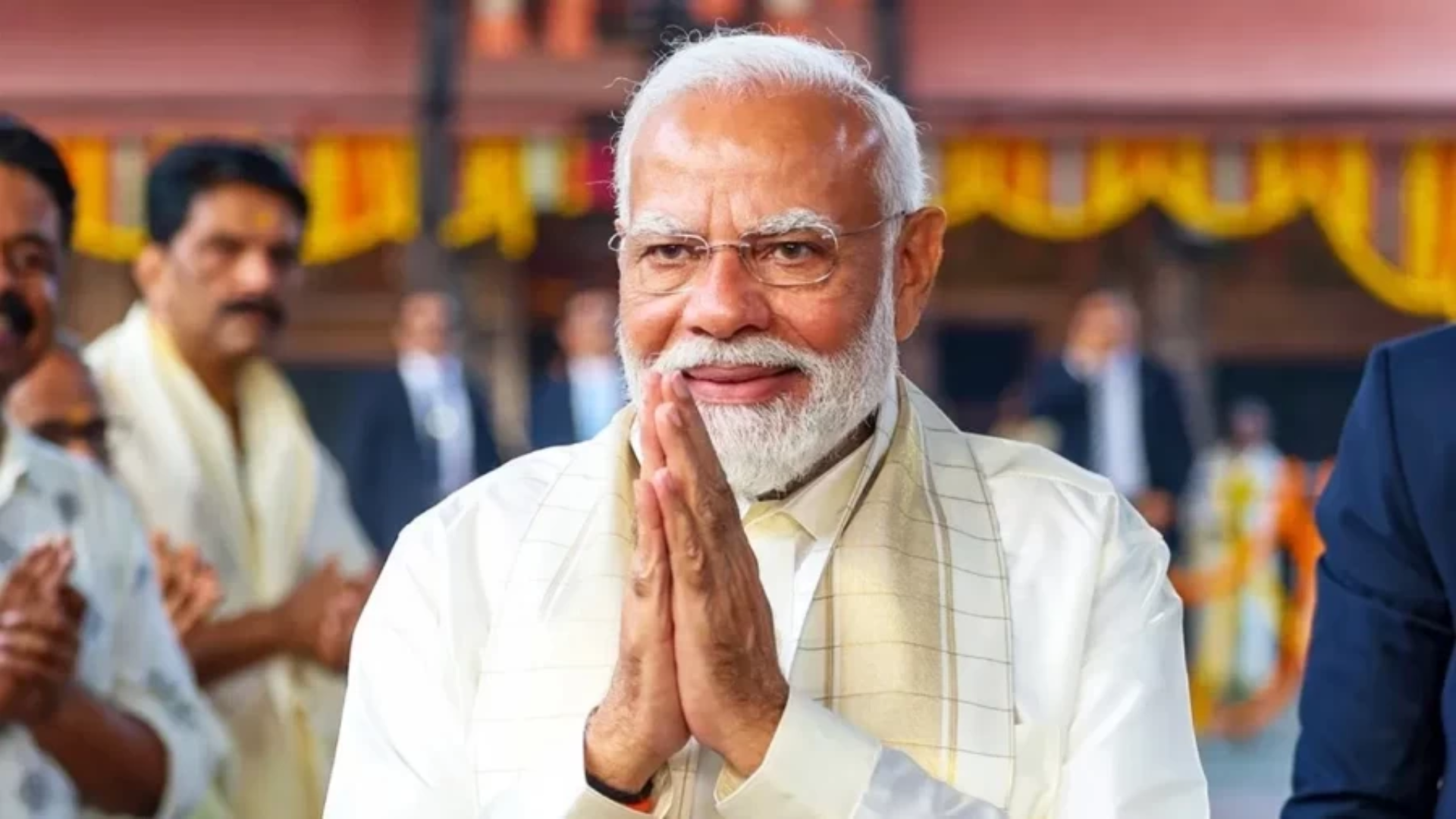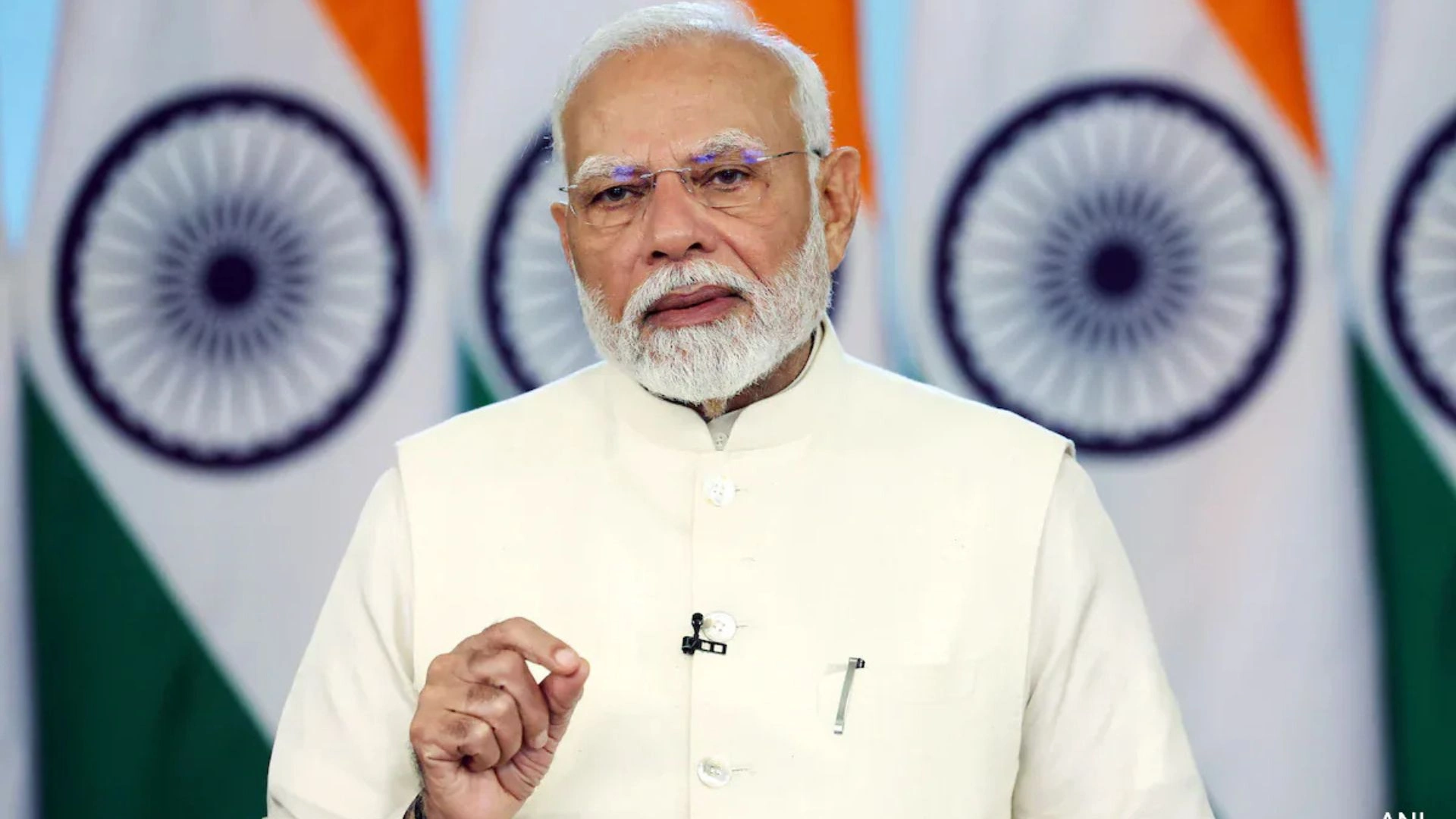Prime Minister Narendra Modi on Monday planned a three-day visit to five states: Telangana, Tamil Nadu, Odisha, West Bengal and Bihar. Ahead of his visit, Prime Minister Modi talked about the major development projects that will be launched in various areas during his visit and highlighted the potential of these projects to have a positive impact on the lives of countless people.
At the beginning of this visit, Prime Minister Modi will announce efforts to lay the foundation stone of many developments in energy, railways and highways in Adilabad, Telangana. The total cost of these projects is over 1,000,000 TL. 560 billion rupees. The main aim will be to support the energy sector.
PM Modi to prepare 800 MW (Unit 2) NTPC for Telangana Super Thermal Project at Peddapalli in Telangana. This project uses ultra-supercritical technology and is expected to meet 85% of the state’s electricity needs with power generation of up to 42%, unlike the total NTPC power plant in India. Moreover, Prime Minister Modi will lay the foundation stone of the project.
Prime Minister Modi will move to Jharkhand and launch the 660 MW North Kalampura Super Thermal Power Project (Unit 2) in Chatra. This project is the first supercritical thermal power project in China equipped with such a large-scale air-cooled condenser (ACC), which reduces drinking water compared to traditional water-cooled condensers. The Prime Minister opened the opening ceremony of the project.
For sustainable energy, PM Modi will inaugurate combined ash plant of Sipat, Bilaspur, Chhattisgarh and STP for supply of water to green hydrogen production plant of Dar for Greater Noi in Uttar Pradesh.
Additionally, the Prime Minister will lay the foundation stones of various projects including Singrauli Super Thermal Power Project Phase-3 (2×800 MW) in Sonbhadra, Uttar Pradesh and Flue gas carbon dioxide conversion in 4G in Lala, Raigarh, Chhattisgarh . ethanol plant. In addition, Visakhapatnam will also showcase the ocean green hydrogen plant at Simhadri in Andhra Pradesh and the fly ash FALG aggregate plant in Korba, Chhattisgarh.
The Prime Minister will also oversee the meeting of seven projects and lay the foundation stone of a project of the Power Grid Corporation of India.
Prime Minister Modi will inaugurate the National Hydropower Corporation’s (NHPC) 380 MW solar power project in Jaisalmer, Rajasthan, which is expected to generate 792 million units of green electricity annually. It will also lay the foundation stone of Bundelkhand Saur Urja Limited’s (BSUL) 1,200 MW Jalaun ultra-large renewable energy power park in Jalaun, Uttar Pradesh.
Underlining India’s commitment to renewable energy, Prime Minister Narendra Modi will inaugurate three solar power plants with a total capacity of 200 MW from Satluj Jal Vidyut Nigam (SJVN) in Jharaun and Kanpurdhat, Uttar Pradesh.
The Prime Minister will inaugurate the station and connecting lines at Naitwar Mori Hydroelectric Power Plant in Uttarkashi, Uttarakhand. This will also form the basis of SJVN’s two solar power projects at Bilaspur in Himachal Pradesh and Dhubri in Assam and the 382 MW Sunni Dam hydropower project in Himachal Pradesh.
Noting that renewable energy is becoming widespread, the Prime Minister will lay the foundation stone of TUSCO’s 600 MW Lalitpur Solar Energy Project in the Lalitpur region of Uttar Pradesh.
In addition, Prime Minister Modi will also unveil ReNew’s Koppal-Narendra Transmission Scheme, which will promote the generation of 2,500 MW of renewable energy in Koppal district of Karnataka. Additionally, various energy projects of Damodar Valley Corporation and IndiGrid will also be implemented.
The Prime Minister will inspect road and railway projects as well as energy. More importantly, it will dedicate the Ambali-Adilabad-Pimpalkhuti electric railway line to the country and work to connect Telangana to Maharashtra and Chhattis via NH-353B and NH-163. It has been placed on two major highways in Garda.
Later today, Prime Minister Modi will visit Bhavini in Kalpakkam, Tamil Nadu, an important milestone in India’s nuclear power project. It will witness the start of critical loading of India’s indigenous 500 MWe model Fast Breeder Reactor (PFBR) developed by BHAVINI. This is a significant step towards using thorium in the third phase of India’s nuclear power project, making India the second country after Russia to commercialize the reactor soon after it was commissioned.

















